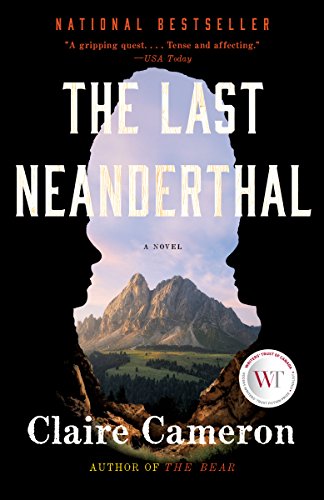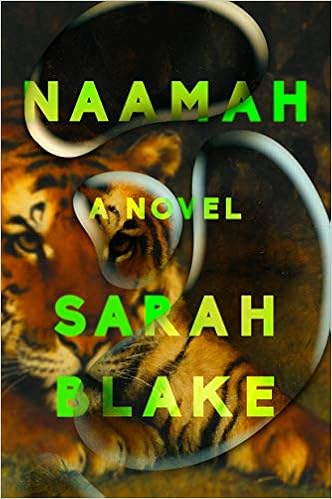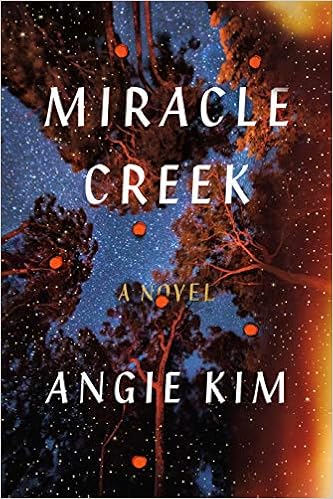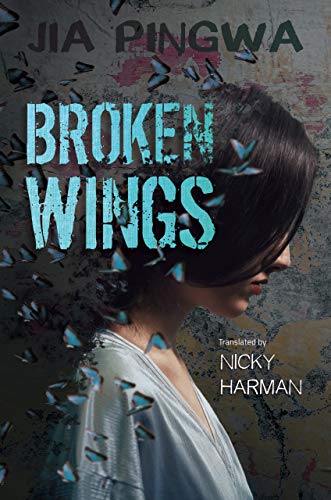This book just didn’t resonate
with me.
There are two parallel
stories. Girl is a Neanderthal, presumably
the last one. Her story focuses on her
struggles to survive, especially as the members of her family become fewer and
fewer. Rose is an archaeologist who
discovers Girl’s skeleton, along with that of a male homo sapien. Rose’s goal is to prove that Neanderthals
were not inferior in terms of intelligence and physical abilities and that
Neanderthals and Homo Sapiens mated since modern humans have Neanderthal DNA.
There are similarities between
Girl and Rose. Girl must contend with
the power dynamics within her family; Rose must manoeuvre the power dynamics at
the archaeological dig and the museum that is providing her funding. The most obvious commonality is that both
women are pregnant. Obviously, this book
is intended as a tale of common humanity, but the similarities seem awkwardly
inserted into the narrative.
Girl’s section has passages which
I found difficult to accept. For example,
we are told that “When one [member of the family] had a dream, the others saw
the same pictures in their heads, whether they remembered in the morning or not”
(10). Also, Girl’s “mind held the memories
of all the hunts [her mother] had been on too, and her mother before as
well. And Girl also had the stories that
came to her in dreams from the other members of the family” (40). The Neanderthals are shown to communicate with
animals; they have a “truce with the bears” (179) at the annual spring fish run,
a “long-standing peace” (175). Girl is
so in tune with nature that she can read messages in leaves: “Meat that is alive sends pulses of heat into
the air. This comes from the fire inside
the chest of a body. When this warmth
hits the air, it moves in patterns around the trees. It pushes and pulls at the leaves in
particular ways. . . . The trees that line the valley take up and exaggerate
the movement. They pass the message
down. If Girl watched and felt the
patterns in the leaves, she could read them” (119). The impression is that the author tried too
hard to portray Neanderthals as deserving of our respect.
Rose’s narrative has problems
too, the most significant being that Rose is unlikeable. She is obsessed with work and when she
discovers she is pregnant, her main concern is not for her child but for her
inability to oversee the dig. Her focus
is on how the pregnancy will affect her career; she expresses no love for the
child she is carrying and gives no thought to his/her welfare, not even
insuring that he/she will have access to adequate health care. Often, women must sacrifice their careers to
have children but it is difficult to have any sympathy for a woman who is so self-centred. The reader is to believe Rose is intelligent,
but her naivety suggests otherwise. What
woman would promise her partner that she would deliver the baby on a particular
weekend (225)? Is Rose’s ineptitude supposed to emphasize
Girl’s intuitive understanding of pregnancy and motherhood?
This novel was a finalist for the
2017 Rogers Writers’ Trust Fiction Prize, but I can’t understand why. The jury described the book as “engrossing”
but I didn’t find it compelling. The novel
was also commended for its “great sophistication” but I found it clunky; the
author’s attempts to shake up “the classic Neanderthal tropes in science
fiction and fantasy” are stiff and mechanical.
The author had a purpose (which
she outlines in the prologue): to
emphasize similarities between modern humans and Neanderthals. Unfortunately, her theme is not conveyed with
the finesse of great fiction.
Note: On the same topic, this exhibition might be interesting: https://www.historymuseum.ca/neanderthal/?utm_source=facebook&utm_medium=pagepost&utm_campaign=cart19+neandertal&utm_content=neandertal&fbclid=IwAR2Ax88lghLsVcA4LqvF2hWph4h_eFatDS6ZzfpNVK2QLcYqiv84HQw45zE
Note: On the same topic, this exhibition might be interesting: https://www.historymuseum.ca/neanderthal/?utm_source=facebook&utm_medium=pagepost&utm_campaign=cart19+neandertal&utm_content=neandertal&fbclid=IwAR2Ax88lghLsVcA4LqvF2hWph4h_eFatDS6ZzfpNVK2QLcYqiv84HQw45zE







